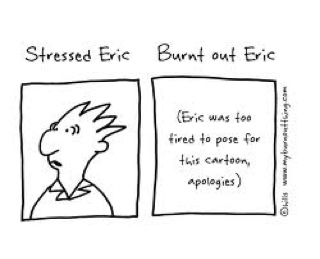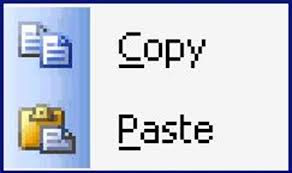I am a big fan of Ken Robinson – author, speaker and adviser to government on education. Knighted in 2003, he is also a naturally funny man. If you’ve never seen him action, watch this TED talk to get an idea of his talents:
His passion is how we crush passion and creativity out of children, with our education system deselecting anyone who dreams of doing anything other than going to college. Robinson wants to see a revolution in education where the diverse talents and aspirations of all our kids are nurtured. Quoting Yeats, Robinson suggests that we routinely trample on each others dreams, and that we should learn to ‘tread lightly’.
I’m sure it is not just kids who have their dreams trampled on. Working as a coach I meet far too many people who are disconnected from their aspirations to the point of being afraid to have any dreams. Somewhere along the line it just becomes too tough to hang on to them. So next time you hear someone talk about their ambitions don’t just mock… maybe listening to them might just spark something special.









